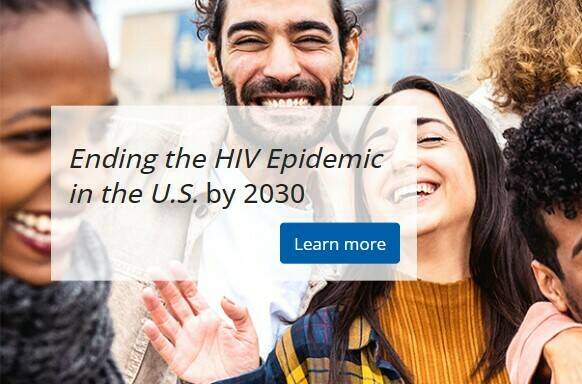The following was originally published by Public Health Insider, the official blog for Public Health — Seattle & King County. For more information, go to publichealthinsider.com.
Since the start of the HIV epidemic over 40 years ago our community has worked to diagnose treat and prevent HIV. Together, we have made strides in the fight against HIV in King County, including being the first urban jurisdiction in the U.S. to meet United Nations goals aimed at ending the HIV epidemic.
But as Public Health’s annual HIV Epidemiology Report and Community Profile shows, despite tremendous advances, progress has recently slowed. More work is needed to end the HIV epidemic. For example, HIV impacts some communities more than others. Gay, bisexual, and other men who have sex with men continue to comprise the highest proportion of new diagnoses, while historic and persistent inequities contribute to Black, Indigenous and People of Color being disproportionately affected by HIV. In fact, 14% of people newly diagnosed with HIV in King County are Black while just 7% of the overall King County population is Black.
King County is working towards eliminating racial and ethnic disparities and ending the HIV epidemic with support from the Ending the HIV Epidemic (EHE) initiative. This national initiative seeks to reduce new HIV infections in the U.S. by 75% by 2025 and 90% by 2030. The initiative focuses on increased testing and diagnosis, treatment, and prevention. We share updates on our progress towards our EHE goals and resources for our communities across King County:
TESTING AND DIAGNOSIS
Of the roughly 7,400 people thought to be living with HIV in King County, we estimate that only about 3% do not yet know their HIV status. We are on the right track as this is below our EHE goal of 5% and well below the national average!
HIV testing is the first step in connecting people to care if they are living with HIV or providing tools for prevention. There are many options for HIV testing in King County, including your doctor’s office, community health centers, public health clinics like the Sexual Health Clinic, community organizations such as POCAAN, Entre Hermanos, UTOPIA, Seattle’s LGBTQ+ Center, the Center for Multicultural Health and others, as well as home testing.
TREATMENT
King County’s EHE goals include at least 95% of people newly diagnosed with HIV to be quickly linked to care and for at least 95% of people living with HIV to be virally suppressed. (Viral suppression is where the level of virus in one’s blood is so low it can’t be detected.)
When people test positive for HIV, it is important to start treatment as soon as possible. People on treatment can live long, healthy lives. People with HIV viral suppression have no risk of sexually transmitting HIV. PHSKC’s Easier Access website and other resources can help you find a provider to start treatment.
The path to HIV treatment can be more challenging for people with other needs, such as people in need of stable housing, or with mental health or substance use challenges. To better serve folks with complex needs, King County has “low-barrier” clinics county-wide that offer walk-in appointments and expanded hours.
PREVENTION
King County’s EHE goal aims to increase the use of PrEP, or pre-exposure prophylaxis, among people who may be more likely to be exposed to HIV.
HIV can be prevented. For example, PrEP is a daily pill that reduces your chances of getting HIV if you are HIV-negative. Many medical providers in King County offer PrEP. Almost all health insurance, including Medicaid, covers PrEP. Drug companies also provide discounts to those who qualify. Talk to a provider or PrEP navigator about assistance options or visit the Washington State PrEP Drug Assistance Program. For more information on PrEP or to take a quick quiz to see if PrEP is right for you, visit WeAre1.
Condoms effectively prevent HIV and other sexually transmitted infections. Looking for a condom? Condom cubes throughout King County provide free condoms. For people who use drugs, syringe service programs across King County offer a suite of services, including needle exchange, HIV testing, naloxone (Narcan), safer smoking supplies, wound care and referrals to drug treatment.


